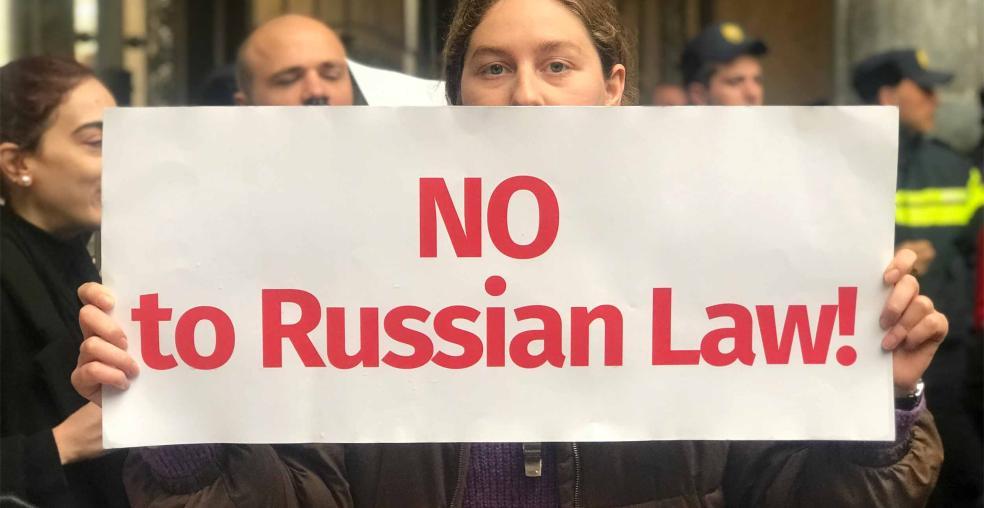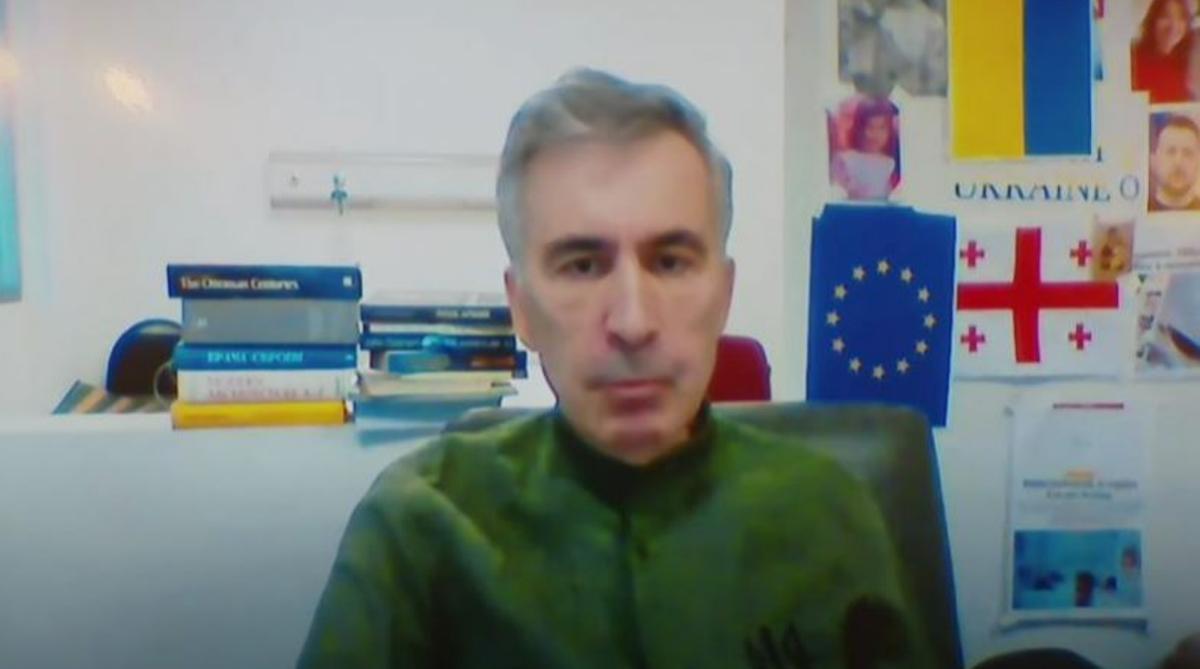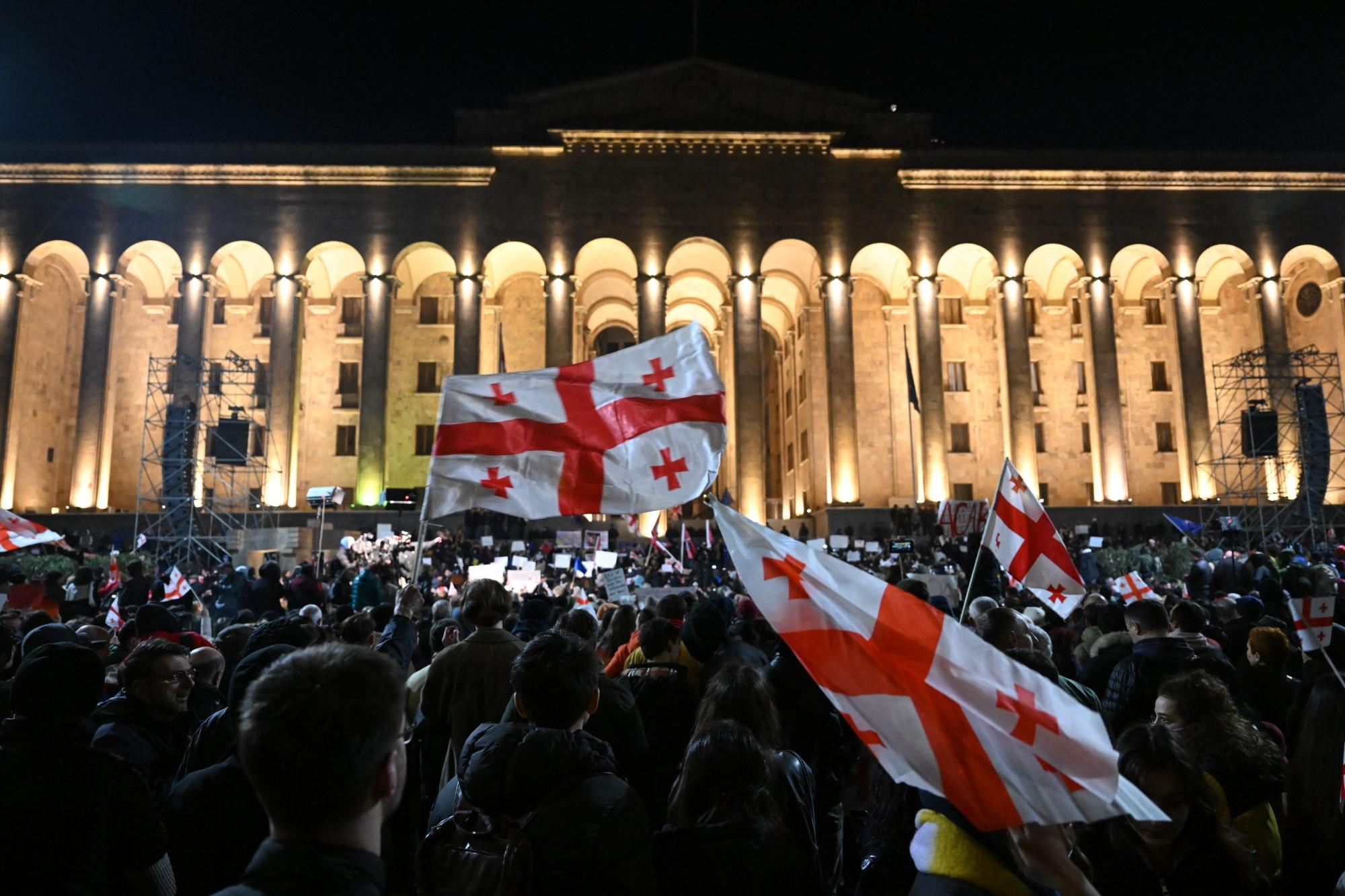Georgia's controversial "foreign agents" bill Navigating the crossroads
Situated in the heart of the South Caucasus, Georgia stands at a pivotal moment where Eastern and Western influences converge. The country is currently facing challenges related to democracy, sovereignty, and its geopolitical positioning. Within this complex environment, the revival of the controversial "foreign agents" bill, championed by the ruling party Georgian Dream and its powerful leader Bidzina Ivanishvili, has sparked renewed tensions at home and abroad.
At the center of this unfolding drama lies a nuanced interplay of political dynamics, historical legacies, and regional rivalries. Understanding the roots of the "foreign agents" bill and its implications requires a deep dive into Georgia's recent history, its aspirations for European integration, and the shadow cast by its formidable neighbor, Russia.
The bill, likened by critics to a law Russia used to crush dissent, would require Georgian organizations receiving more than 20% of their funding from abroad to register as "foreign agents" or face fines.

Unpacking Georgia's democratic journey
Georgia's path to democracy has been fraught with challenges, marked by moments of progress and setbacks. Following the collapse of the Soviet Union in 1991, Georgia embarked on a tumultuous journey towards independence and democratic governance. However, this transition has been marred by internal strife, external pressures, and lingering echoes of its Soviet past.
The Rose Revolution of 2003, led by the charismatic Mikheil Saakashvili, ushered in a wave of optimism and reform, promising to steer Georgia towards Western ideals of democracy, rule of bill, and economic prosperity. Saakashvili's presidency saw ambitious reforms, including efforts to combat corruption, streamline bureaucracy, and strengthen ties with the European Union and NATO.

Yet, this period also witnessed growing tensions with Russia, culminating in the brief but devastating Russo-Georgian war of 2008, which resulted in the de facto independence of Abkhazia and South Ossetia, two breakaway regions supported by Moscow. The scars of this conflict continue to shape Georgia's geopolitical calculus and its quest for security and sovereignty.
Georgian Dream: A new political landscape
In the aftermath of Saakashvili's presidency, Georgia witnessed the rise in a new political force: the Georgian Dream party, founded by Bidzina Ivanishvili, a billionaire businessman with vast financial resources and political ambitions. Promising an alternative vision for Georgia's future, the Georgian Dream positioned itself as a centrist force, advocating for pragmatism, stability, and economic growth.
In 2012, Georgian Dream scored a stunning electoral victory, ending the dominance of Saakashvili's United National Movement and ushering in a new era of governance. Ivanishvili assumed a prominent role in shaping Georgia's political landscape, serving as prime minister from 2012 to 2013 before stepping back into a more behind-the-scenes role.
Under Georgian Dream's leadership, Georgia made strides in economic development, infrastructure projects, and international relations. However, concerns lingered about the party's commitment to democratic norms, media freedom, and human rights. The proposed "foreign agents" bill, first introduced in 2023, exemplifies the delicate balance between security imperatives and democratic principles.
The "foreign agents" bill: A thorny issue
The genesis of Georgia's "foreign agents" bill can be traced back to concerns about external influence on domestic affairs, particularly in the realms of media and civil society. Similar to legislation adopted in Russia and other countries, the bill aims to regulate organizations and individuals deemed to be acting in the interests of foreign powers.
Critics argue that such bills serve as tools of repression, stifling dissent, curtailing freedom of expression, and undermining the independence of civil society. In the case of Georgia, the parallels with Russian legislation have sparked fears of a slide toward authoritarianism and a departure from European values.

The initial iteration of the "foreign agents" bill, introduced in 2023, faced widespread opposition both at home and abroad. Civil society groups, opposition parties, and international partners raised concerns about its potential impact on democracy, human rights, and Georgia's aspirations for Euro-Atlantic integration.
In response to mounting pressure, Georgian Dream withdrew the proposed bill, pledging to engage in dialogue with societal actors to address their concerns. However, the recent announcement of its revival has reignited fears and galvanized opposition from various quarters.
Domestic divisions: A house divided
Within Georgia, the resurgence of the "foreign agents" bill has deepened existing fault lines and exposed underlying tensions within society. While supporters argue that the bill is necessary to safeguard national security and protect against external interference, opponents view it as a thinly veiled attempt to silence dissent and consolidate power.
Opposition parties have mobilized against the proposed bill, framing it as a threat to Georgia's democratic future and an affront to the principles of freedom and openness. Civil society organizations, media outlets, and human rights advocates have echoed these concerns, warning of the chilling effect it could have on public discourse and civic engagement.

Meanwhile, the ruling Georgian Dream party has sought to justify the bill as a pragmatic response to evolving security challenges and the need to safeguard against foreign manipulation. Prime Minister Irakli Kobakhidze has defended the proposed legislation, arguing that it is essential for protecting Georgia's sovereignty and preserving its national identity.
International implications: Navigating geopolitical waters
Beyond Georgia's borders, the resurgence of the "foreign agents" bill has reverberated across the international stage, drawing attention from European partners, the United States, and regional actors. The European Union has expressed concerns about the bill's compatibility with democratic standards and its potential impact on Georgia's Euro-Atlantic aspirations.
Meanwhile, Russia's response to the unfolding situation has added a layer of complexity, with Kremlin Spokesperson Dmitri Peskov dismissing comparisons between the Georgian bill and Russian legislation. Nonetheless, Russia's historical influence in the region and its strategic interests in Georgia cast a long shadow over the debate.
As Georgia navigates the complex terrain of domestic politics and international relations, the fate of the "foreign agents" bill remains uncertain. The upcoming parliamentary elections in October will serve as a litmus test for Georgia's commitment to democracy, human rights, and the rule of bill.
In conclusion, Georgia stands at a crossroads, torn between competing visions of its future and the enduring legacy of its past. The resurgence of the "foreign agents" bill underscores the challenges and opportunities facing the country as it seeks to chart a course toward prosperity, security, and democratic governance. The choices made in the coming months will shape Georgia's trajectory for years to come, influencing its relationships with neighbors, allies, and the broader international community.








